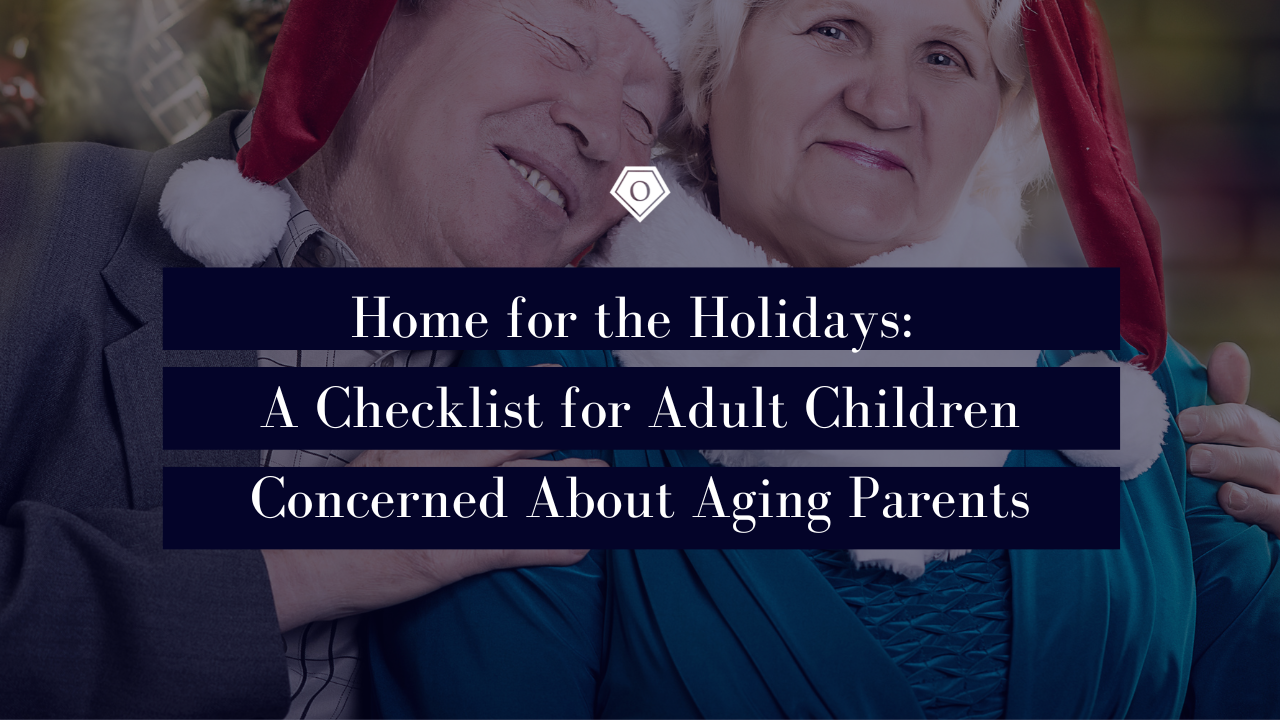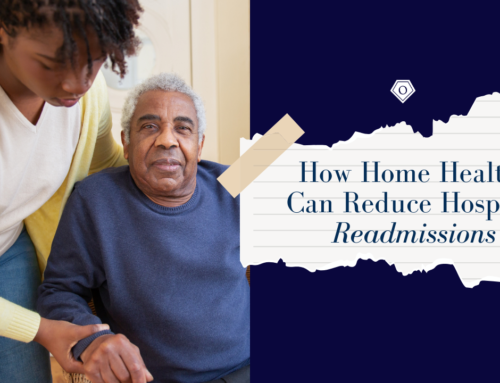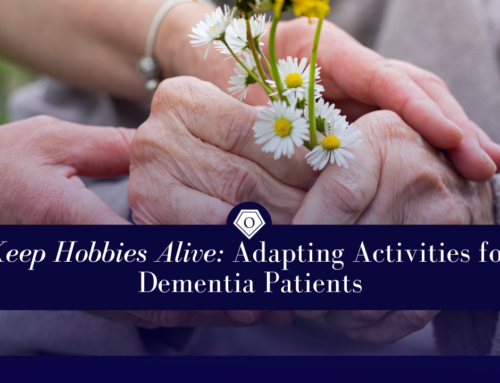Visiting elderly parents during the holidays is a wonderful opportunity to reconnect and create cherished memories. It’s also a time to ensure their well-being and address concerns.
Beyond the warm embraces and festive decorations, adult children often carry an unspoken responsibility over the well-being of their aging parents. Stepping into the family home, you embark on a journey that transcends celebration as you navigate the subtle shifts in your parents’ lives and physical capabilities. That undercurrent of awareness and concern may prompt you to keenly observe, listen intently, and discern the subtle nuances that reveal the signs of aging and evolving medical needs. In this reunion season, it is normal for adult children to become the bearer of festive cheer and the vigilant custodian of their parents’ well-being, ensuring that the holidays remain a time of joy and attentive care.
Look out for these signs while visiting elderly parents during the holidays:
Health and Mobility:
Observe any changes in their physical health or mobility. Are they moving more slowly or experiencing difficulty with certain tasks? Pay attention to signs of discomfort or pain.
Medication Management:
Check that medications are being taken as prescribed. Ensure that they have an adequate supply of medications and consider organizing pill dispensers or setting up a medication schedule if needed.
Cognitive Function:
Keep an eye on cognitive function. Look for signs of memory loss, confusion, or disorientation. If there are concerns, discuss them with other family members and consider seeking professional advice.
Home Safety:
Evaluate the safety of their living environment. Check for tripping hazards, ensure that handrails are secure, and verify that smoke detectors are functioning. Consider making any necessary adjustments to enhance home safety.
Nutrition and Hydration:
Ensure that they are eating well and staying hydrated. Take note of any changes in appetite or weight loss, as these can be indicators of health issues.
Social Interaction:
Assess their social well-being. Isolation and loneliness can be significant issues for the elderly. Encourage social activities, facilitate visits from friends or family, or explore local senior community events.
Emotional Well-being:
Pay attention to their emotional state. The holidays can bring both joy and feelings of loneliness. Engage in open conversations about their feelings and concerns. If needed, consider involving a mental health professional.
Financial Well-being:
Discuss financial matters discreetly. Ensure that they are managing their finances responsibly and are not falling victim to scams or financial exploitation.
Medical Appointments:
Review their upcoming medical appointments and make sure they have transportation arranged. Offer assistance in scheduling or attending appointments if needed.
Assistive Devices:
Check if any assistive devices, such as hearing aids, glasses, or mobility aids, are in good condition and being used appropriately. Make arrangements for repairs or replacements as necessary.
Emergency Preparedness:
Confirm that they have a plan in case of emergencies. Ensure they have easy access to important phone numbers, and discuss what to do in case of medical emergencies or power outages.
Legal and Estate Planning:
If not already in place, discuss and assist in setting up important legal documents such as wills, powers of attorney, and advance directives.
Transportation:
Evaluate their ability to drive safely. If there are concerns, discuss alternative transportation options or explore community services that provide transportation for seniors.
Open Communication:
Foster open communication. Encourage them to share any concerns or needs they may have. Create an environment where they feel comfortable discussing their health, living situation, and future plans.
By being attentive to these aspects, adult children can ensure the well-being of their elderly parents during holiday visits and provide the necessary support to enhance their quality of life. Use this invaluable opportunity to gauge how our parents are doing to ensure they’re happy, healthy, and comfortable.
And if your visit reveals your parent needs help, set aside time to gently acknowledge the observations made, such as changes in mobility or daily routines. You can pave the way for a thoughtful conversation about their well-being. Emphasizing the goal of the conversation is their continued independence and comfort; this approach can help ease the transition into discussing the potential benefits of services like home health care. By approaching the subject with empathy, respect, and a shared commitment to their happiness and safety, you can embark on a path of understanding, fostering a collaborative decision-making process that prioritizes the well-being of your aging parents.






